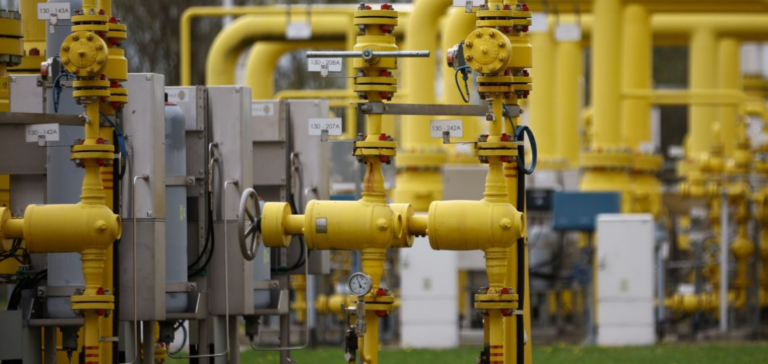In 2023, Azerbaijan is preparing to cross an important threshold in the energy sector. With a planned increase in gas exports to Europe. This development is particularly relevant in the current context, where Europe is seeking to diversify its energy sources.
The Southern Gas Corridor: A Renewed Commitment
According to the Ministry of Energy, this rise in exports is the result of increased production from the Shah Deniz field and the ongoing development of new resources in the Caspian Sea. These efforts reflect Azerbaijan’s commitment to strengthening its position as a reliable, long-term energy supplier to Europe.
New Gas Sources in the Caspian Sea
The agreement reached with the European Commission in July 2022 provides for an increase in exports to 20 billion cubic meters per year by 2027. The plan is part of a wider strategy to extend the Southern Gas Corridor and increase gas supplies. Discussions concerning the purchase of gas via this expanded infrastructure are continuing, underlining Europe’s growing interest in Azeri energy resources.
Transition to Renewable Energies and Impact on Exports
In addition to existing projects, the Ministry has identified several potential sources of gas by 2028. These include the Umid and Azeri-Chirag-Gunashli Deep Gas projects, as well as further development of the Absheron field already in production. These initiatives demonstrate the scale of Azerbaijan’s gas resources and its potential to make a significant contribution to European energy security.
Impact of Reduced Russian Gas Imports in Europe
The country is also embarking on a green energy strategy, aimed at freeing up additional gas for export. By the end of 2027, Azerbaijan plans to commission wind and solar power plants with a capacity of 1,862MW. This transition to renewable energies not only supports environmental objectives, but also frees up over a billion cubic meters of gas for export.
Increased Gas Production in Azerbaijan
Azerbaijan’s gas exports to Europe have already risen slightly in the first nine months of the year, to 8.6 billion cubic meters. This positive trend is partly attributable to the reduction in EU gas imports from Russia, which has pushed gas prices to record levels. However, despite the reduction in prices due to healthy storage levels and demand reduction measures, prices remain historically high.
Azerbaijan’s total gas production also increased, reaching 36.1 billion cubic meters from January to September, up 4.9% on the previous year. Indeed, the Shah Deniz field remains a major source of this production, with other fields contributing significantly to the overall increase in production. The start-up of the Absheron field in July also played a role in this increase in production. Operated by the JOCAP joint venture between TotalEnergies and the Azeri state company Socar, the field promises to increase production even further in the future.
The increase in Azerbaijan’s gas exports to Europe is an important milestone in the diversification of the continent’s energy sources. With ambitious initiatives and a commitment to green energy, Azerbaijan is asserting itself as a strategic energy partner for Europe, while strengthening its own energy and economic security.






















